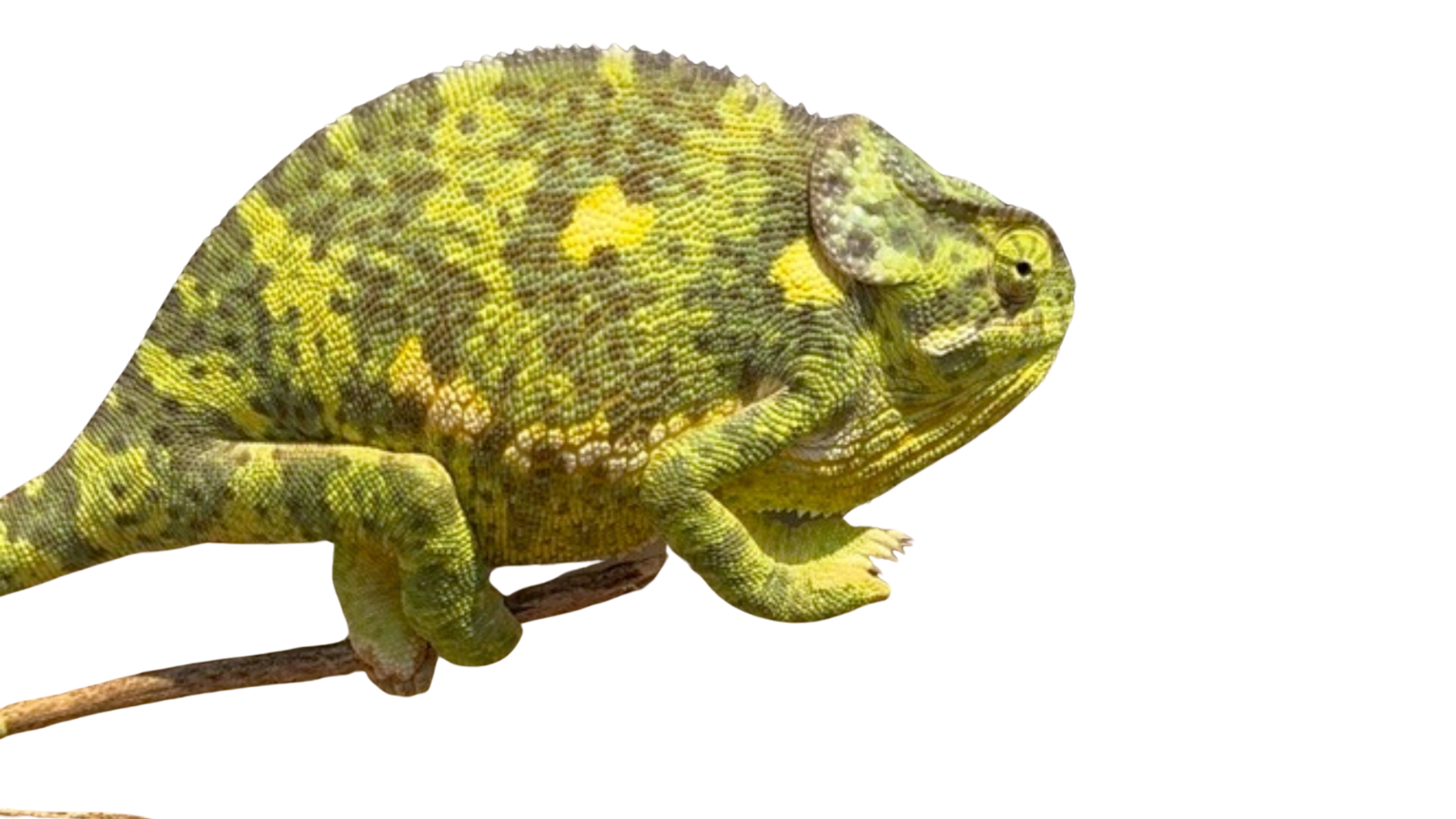So far, the only thing worse than modern agriculture is any of the alternatives. This fact has been concealed by our politics, agriculture having been swallowed up by our politics, just like everything else. If you say ‘agriculture is great’ or ‘agriculture needs to be improved,’ you are aligning yourself with a political faction. So no one says that agriculture is great and needs to be improved. That’s a problem because it is true. History can help us get some context.
But first I will give you some context about what happened here on the ranch this week. Not that I want to. And not that you care. But, like our politics, we’re going to keep doing it this way because we decided that was how it was going to go. We moved into the new house on the ranch this week. Which is different than the new house on the ranch being finished. After a couple of days, we got the last of the electrical wires covered up at least. Half the living room is dedicated to sawhorses, lumber, and mountains of cardboard boxes. I need to stop myself every once in a while to remind myself that we are going to (someday) have an amazing house. That we are well on the road to the life we said we wanted. I am searching for strategies to reorient myself towards those facts and away from the things that are not right and the things that are causing me stress. Still working on that. Oh, and we shipped one last load of cattle this week. Now we are down to nine head, the winter lawn mowers.
The agriculture of the 20th century is a reaction to the agriculture of the 19th century. The biggest problems with agriculture in the 1800’s were pretty much the same problems agriculture had struggled with for 10,000 years.
- Agriculture periodically came up short on food, causing the routine death of large numbers of people.
- Agriculture required a vast army of people doing physical labor at levels that destroyed their bodies and souls.
Nature geeks and eco-grazers need to remember that scientific agriculture has in a mere 200 years completely destroyed these seemingly insurmountable demons of our species for an ever-increasing percentage of people on the planet. What insurmountable demons of our species have you surmounted today? We are working on it every day, but we cannot prove that we have a better way until we have proven it.
But there are a few ways that agriculture really needs to change. In my opinion, the biggest problem with modern agriculture is that it creates plant communities that are dramatically different from ‘wild’ plant communities. As such, it is a risky proposition. Since it has a 200-year history, no one can prove that it will work. In contrast, we can be pretty sure that our wild plant communities will survive if the future is even a tiny bit like the past. Our wild plant communities have survived for hundreds of millions of years. They have weathered crises and hardships like we cannot imagine. If ‘conservative’ is defined as conserving what has worked in the past, then this is the most conservative idea ever.
We eco-grazers and nature geeks should remember that this will not seem like a fast process as it is happening. It is going to take a while to remake agriculture in the image of nature. Two hundred years is probably a good a guess, regarding the amount of time it would take to make it all shake out. In this respect, we can take great inspiration from modern agriculture and its achievements. Our impatience with the agriculture we have is another manifestation of our culture of immediate gratification. In the context of hundreds of millions of years of ecological history, this is an un-ecological mindset. From an ecological perspective, what are 200 years?
It will take a while because this is a problem that can only be solved, I believe, by people taking carefully measured risks and working hard to make them work. To see if they will work. This takes guts and patience, first and foremost. And then intelligence and skill and luck and work. In this effort, we need fewer activists and more entrepreneurs. We need fewer slogans and more business plans. If we give those things, in two hundred years, history will smooth over all these political differences. When history looks at the Haber-Bosch process, DDT, no-till agriculture and grass-fed genetics a lot of the bumps will be smoothed out. Future generations will see all those things as part of humanity’s effort to systematically overcome the distance between agriculture and nature.

